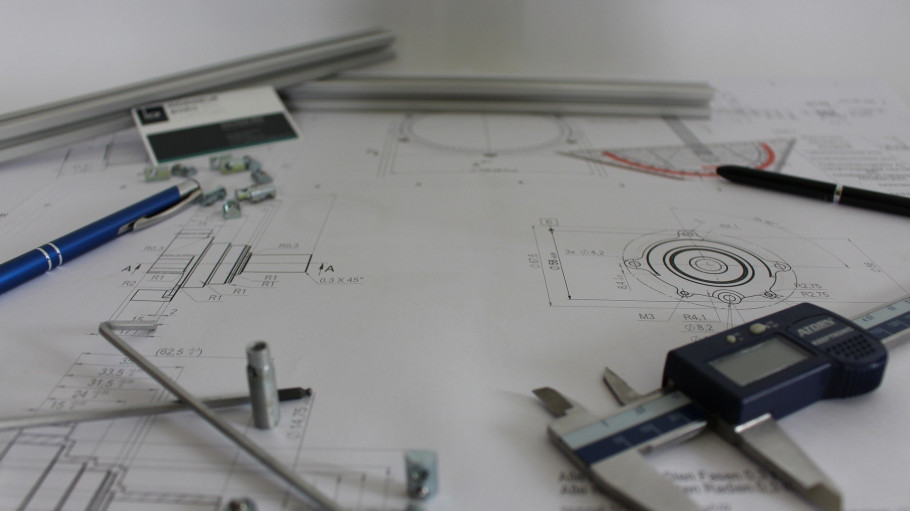

The European steel industry is at the forefront of technical innovation, investing billions of euros a year in research and development. Its innovations have helped the sector refine its processes, create thousands of different grades of steel, and remain at the forefront of CO2 reduction efforts.
The European steel sectors' focus on constant improvement is centred on improving steels and upon improving how steel is made.
The European steel sector has created thousands of new grades of steel, many only invented in the past few decades. These widen the potential uses for steel, and improves its durability and sustainability.
Improving how steel is made is vital to the sustainability of the sector. European producers have already made great strides, cutting in half energy use and emissions since 1960. This work is being even further ramped up as the need to sharply reduce greenhouse gas emissions becomes ever more imperative.
The automotive value chain is of vital importance to the EU steel industry and requires an integrated approach to realising the decarbonisation transition in a pragmatic way.
A snapshot of Europe’s steel industry in motion, with EUROFER at the forefront in a time of policy shifts and global uncertainty
Brussels, 28 April 2025 - In April 2025, EUROFER and EUROMETAL leaders convened to discuss potential collaboration areas for strengthening messaging and initiatives to support the European steel and steel-using industries. This initial exploratory meeting was prompted by the Steel Dialogue on 4 March 2025, hosted by the European Commission, during which EUROMETAL raised concerns regarding the impact of imported steel derivatives on European distribution, processing, and manufacturing industries.